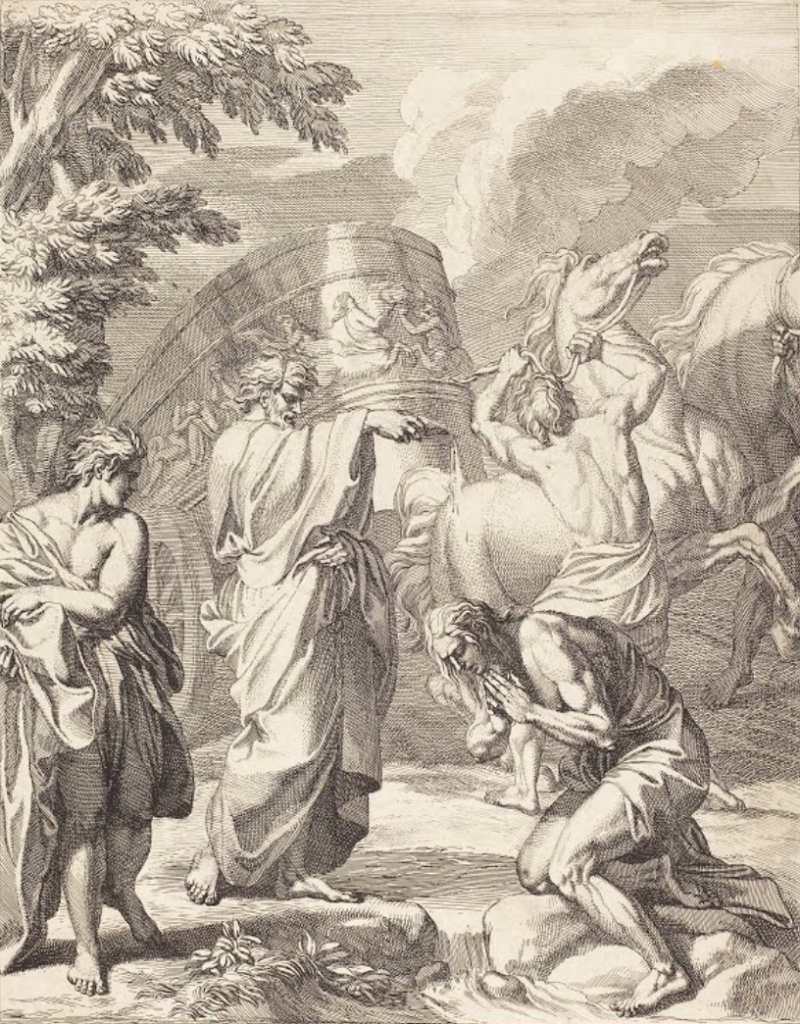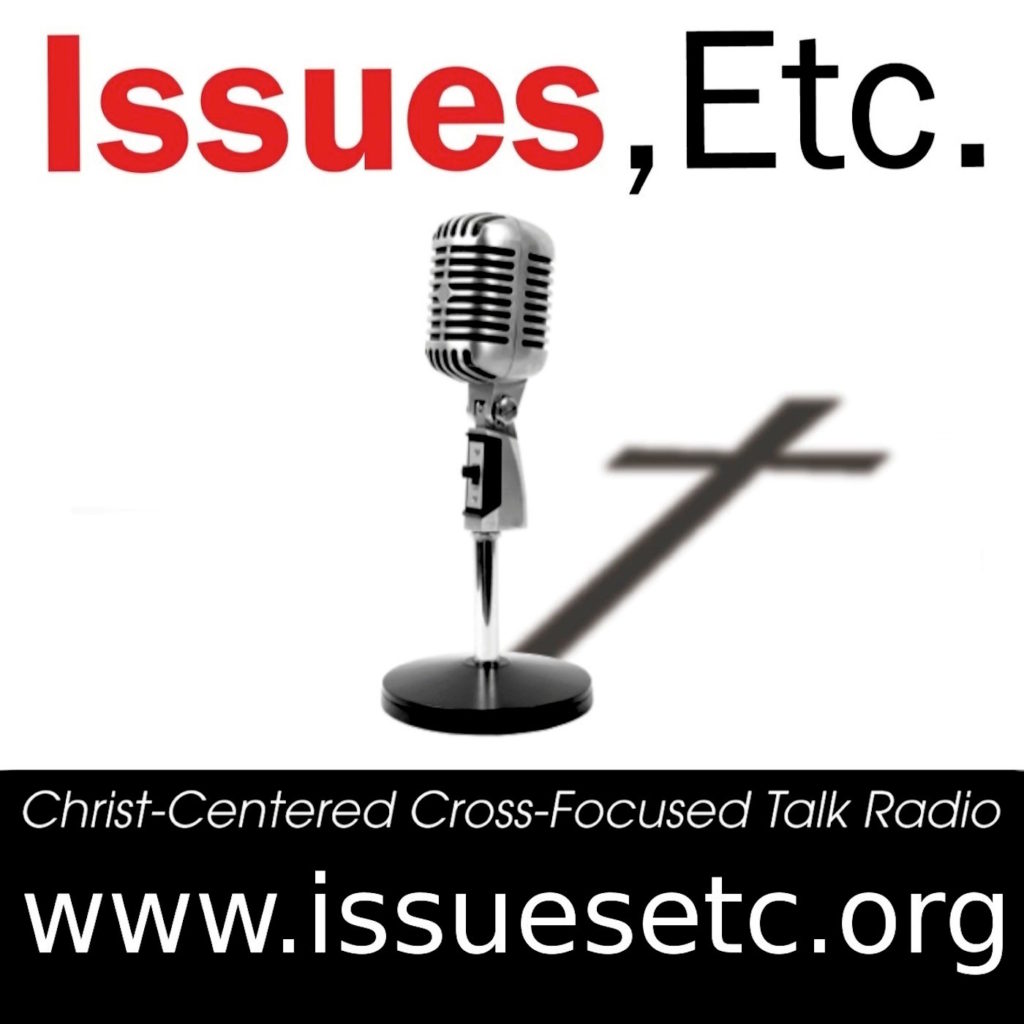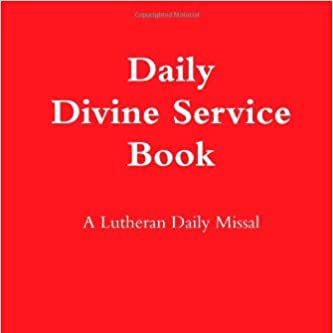A Man of Good Repute and Full of Wisdom

It is on October 11th that the Lutheran Church remembers Philip the Deacon, a faithful preacher and one of the seven set aside by the Apostles for service to the Church.
Early in the book of Acts, we are told of a dispute that arose between the Hellenists and Hebrews because some of the widows were being neglected. The apostles stepped in to bring order and so gathered all the disciples, asking them to select seven men as deacons, who would see to it that no one was neglected. That enabled the apostles to continue devoting themselves to “prayer and to the ministry of the Word.” (Acts 6)
The first deacon mentioned in Acts was Stephen (the first martyr), and Philip was second. These and the other five, we are told, were “men of good repute, full of the Spirit and of wisdom.”
Later, Philip is mentioned again in Acts 8. He is preaching and performing signs in Samaria when he encounters Simon the Magician, a man in that region who is well known for his wonders. Philip preaches and through him, Simon is converted and baptized.
Shortly after that Luke records the famous scene of the Ethiopian eunuch. Before Philip encounters the eunuch, an angel appears to Philip and instructs him to rise and go to a specific road from Jerusalem to Gaza. It is there that he finds the man, a notable court official, on his travels from Jerusalem.
Philip joins his chariot asking whether he understands what he is reading in Isaiah. The eunuch responds, “How can I, unless someone guides me?” So Philip showed him Christ from that Scripture, and hee was baptized along the very road they were traveling. (Acts 8)
Philip disappeared from the eunuch’s sight, “found himself at Azotus,” and continued preaching on his way to Caesarea.
Philip evidently remains or at least settles in Caesarea because we find Paul staying there with Philip, who by this time had four unmarried daughters. During Paul’s stay, Agabus, a prophet, also visited and foretold of Paul’s forthcoming imprisonment in Jerusalem. Philip and the others urged him not to go, but as Paul wouldn’t hear of it. The company prayed and concluded, “Let the will of the Lord be done.”
A Brief History
Philip the Deacon is often commemorated on one of two days. Interestingly, the date that the LCMS currently recommends is October 11th which is in fact the more traditional date for the Eastern church, while the West has most often maintained June 6th. Wilhelm Loehe in his Sanctoral Calendar *Martyrologium* (which we have referenced serval times in our posts) places the date with the majority of the Western church on June 6th. Regardless of date, there is a lack of information about when or how Philip made it onto the sanctoral calendar.
There is also limited information about how Christians of years gone by might have celebrated Philip’s day. Like all of God’s saints, Philip’s works and faith point us back to Christ, and we thank God for his example in faith, which is worthy of thanksgiving and imitation. We talk more generally about honoring saints in this post and would recommend reading it along with the passages in Acts about Philip, especially chapters 6 and 8.

Collect
O Almighty God, who hast knit together Thine elect in one communion and fellowship in the mystical body of Thy Son Jesus Christ, our Lord: grant us grace so to follow Thy blessed saints in all virtuous and godly living, that we may come to the unspeakable joys which Thou hast prepared for those who unfeignedly love Thee; through the same, Jesus Christ, Thy Son, our Lord, who liveth and reigneth with Thee and the Holy Ghost: ever one God, world without end. Amen.
Lessons
Resources
Issues, Etc. interview with the Rev. Dr. Michael Middendorf on St. Philip the Deacon
Propers found in Daily Divine Service Book: A Lutheran Daily Missal, edited by the Rev. Heath Curtis
References:
1. Treasury of Daily Prayer. Concordia Publishing House. 2008.
2. Issues, Etc. interview with the Dr. Michael Middendorf on St. Philip the Deacon
Images:
1. Baptism of the Eunuch, Louis Cheron, France, n.d.
2. St. Peter Consecrating the First Seven Deacons, Fra Angelico, Italy, ca. 1447




[…] the tradition connected with St. Philip the Deacon, we want to first recall what our Lutheran Confessions say about honoring the saints. Those […]